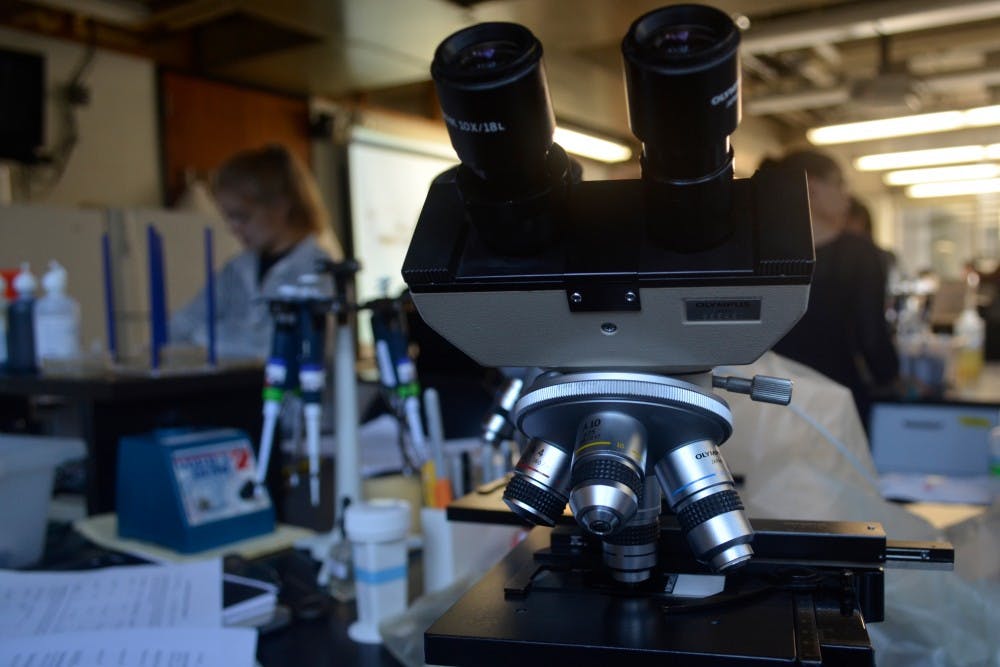
Recent research conducted by a team of Penn neuroscientists has demonstrated that memory performance can be enhanced by up to 15 percent through precise and repeated electrical stimulation to the left side of the brain.
Published in Nature Communications on Feb. 6, the study has unearthed important information concerning how to enhance memory in patients. The research represents a significant step toward the goals of Restoring Active Memory, a project sponsored by the United States Department of Defense to invent new technologies to enhance memory function, especially since memory loss is one of the most common ailments in the nation, according to Tech Times.
“Now we know more precisely,” co-author Daniel Rizzuto, the former director of Cognitive Neuromodulation at Penn and the Chief Executive Officer of Nia Therapeutics said to Penn News, “where to stimulate the brain to enhance memory in patients with memory disorders, as well as when to stimulate to maximize the effect.”
In their study, the Penn neuroscientists managed to track and record brain signals of patients who were given a simple task, such as recalling a list of words. Tracking these signals in real time, the researchers then strategically sent electrical pulses to their left lateral temporal cortex, when the patients were least likely to recall the new information.
"By developing patient-specific, personalized, machine-learning models, we could program our stimulator to deliver pulses only when memory was predicted to fail, giving this technology the best chance of restoring memory function," principal investigator Michael Kahana, psychology professor and director of Penn's Computational Memory Lab, said to Penn News. "This was important because we knew from earlier work that stimulating the brain during periods of good function was likely to make memory worse.”
According to Tech Times, Penn researchers anticipate vast applications for this recent discovery including treatment for patients who suffer from traumatic brain injuries or Alzheimer’s disease, among other ailments.
The Daily Pennsylvanian is an independent, student-run newspaper. Please consider making a donation to support the coverage that shapes the University. Your generosity ensures a future of strong journalism at Penn.
Donate






